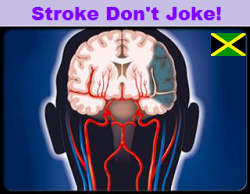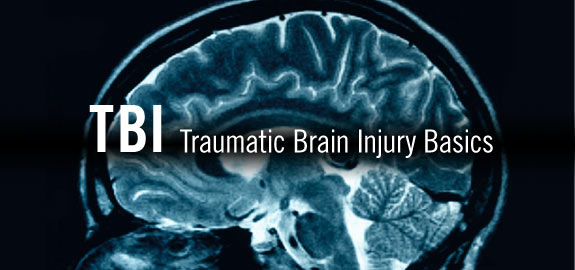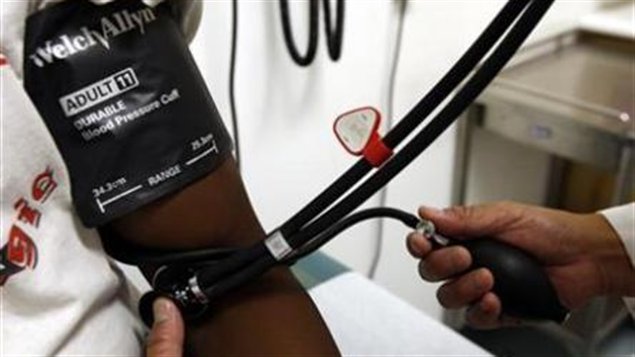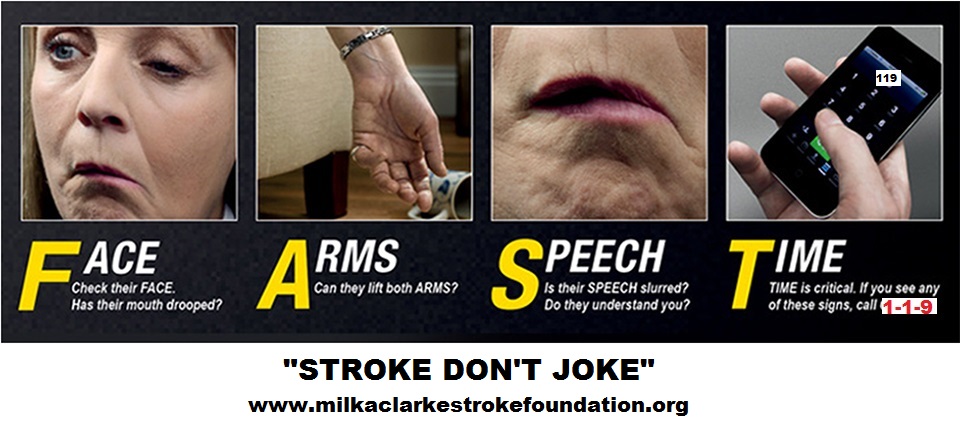
Plaque (a fatty material) can build up in your arteries, making it harder for blood to flow through them. A blood clot can then form on the plaque. This may block the artery, cutting off blood flow. Conditions such as coronary artery disease (CAD) and peripheral arterial disease (PAD) can result. CAD occurs when plaque builds up in the coronary artery.
This artery supplies the heart with oxygen-rich blood. PAD occurs when plaque forms in leg arteries. The same factors that cause CAD and PAD can also cause plaque to form in other arteries in the body, such as those in the heart or brain. When plaque occurs in any of these arteries, it raises your risk of heart attack or stroke.
What Aspirin Does
Aspirin is an antiplatelet medication (also called a blood thinner). It helps keep blood clots from forming. This reduces the risk of blockage. Aspirin can be taken daily by people at high risk of heart attack or stroke. It is also used after a stent placement, a procedure that involves placing a tiny wire mesh tube in an artery. Aspirin helps prevent blood clots from forming on the stent.
Taking Aspirin Safely
Tell your health care provider about any other medications you take. Also, mention if you have a history of ulcers or bleeding problems. Ask whether you will need to stop taking aspirin before having surgery or dental work. Always take medications as directed.
Tips for Taking Aspirin
- Develop a routine. For example, take aspirin with the same meal each day.
- Don’t take more than prescribed. A low dose gives the same benefit as a higher one, with a lower risk of side effects.
- Don’t skip doses. Aspirin needs to be taken daily to be effective.
- Keep track of what you take. A pillbox with days of the week can help, especially if you take several medications. Or use a list or chart to keep track.
Side effects of aspirin are not usually serious. If you do have problems, a dosage change may help. Call your health care provider if you have any of the following:
· Excessive bruising (some bruising is normal)
· Nosebleeds, bleeding gums, or other excessive bleeding
· An upset stomach or stomach pain

 RSS Feed
RSS Feed









